Category — Features
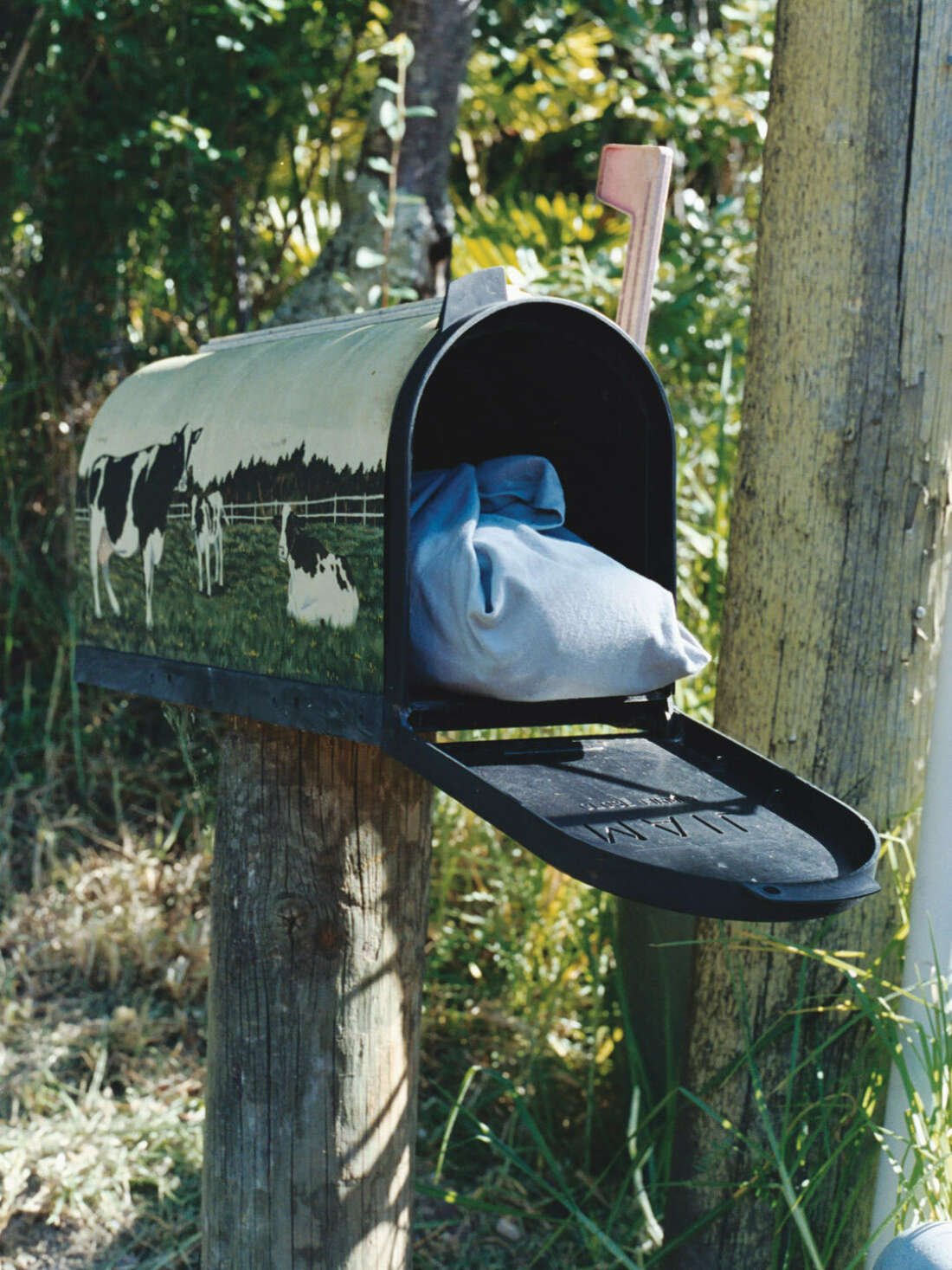
From Grain Farmer to Us to You
For our small family bakery, the Covid-19 lockdown reinforced how important relationships and a human scale local food chain can be in times of crisis. We are a whanau of six who run a community supported micro-bakery at Hāwea Flat, near Wānaka, making and baking predominantly 100% whole grain sourdough loaves that serve as a functional and sustaining daily staple.
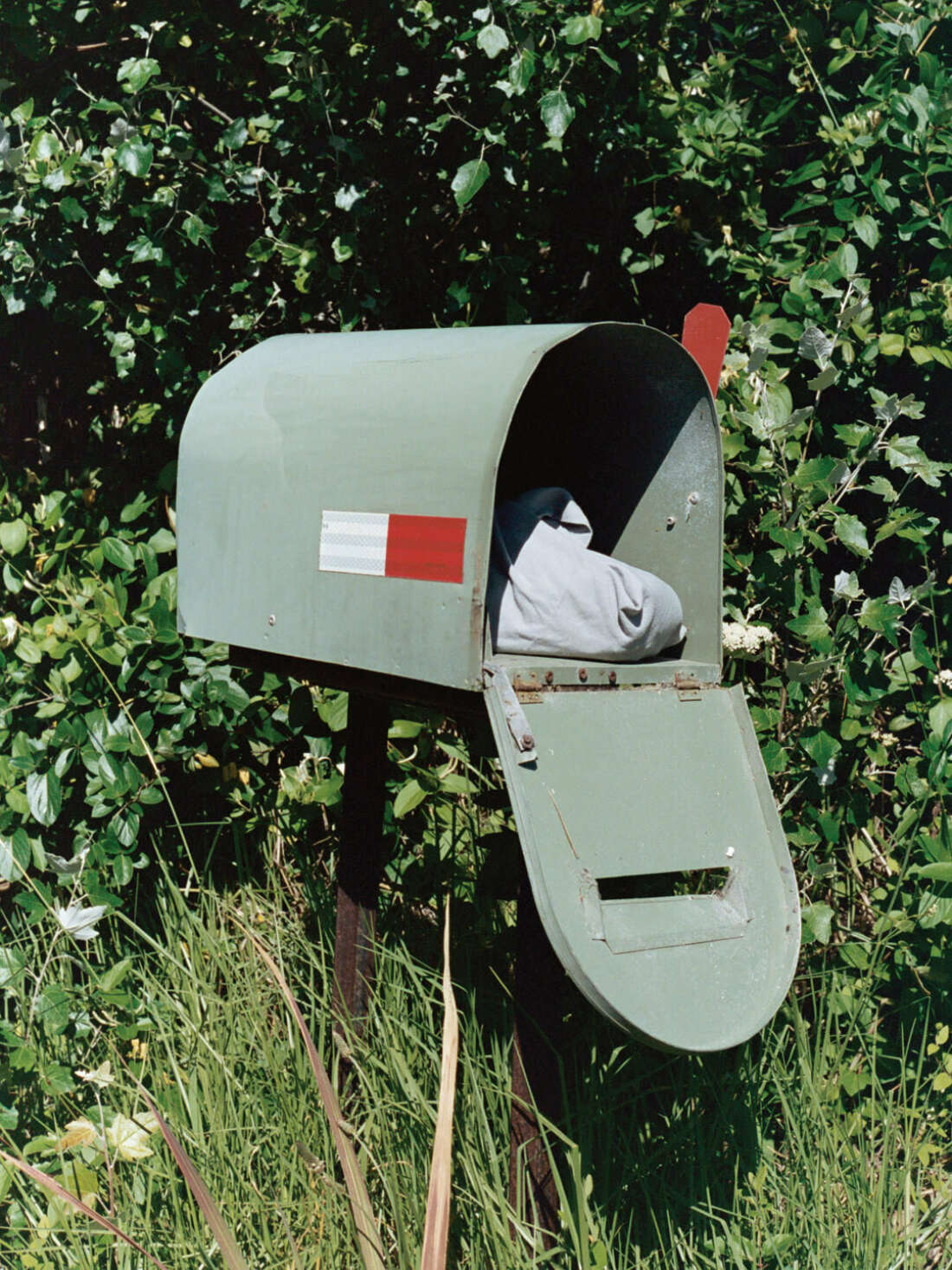
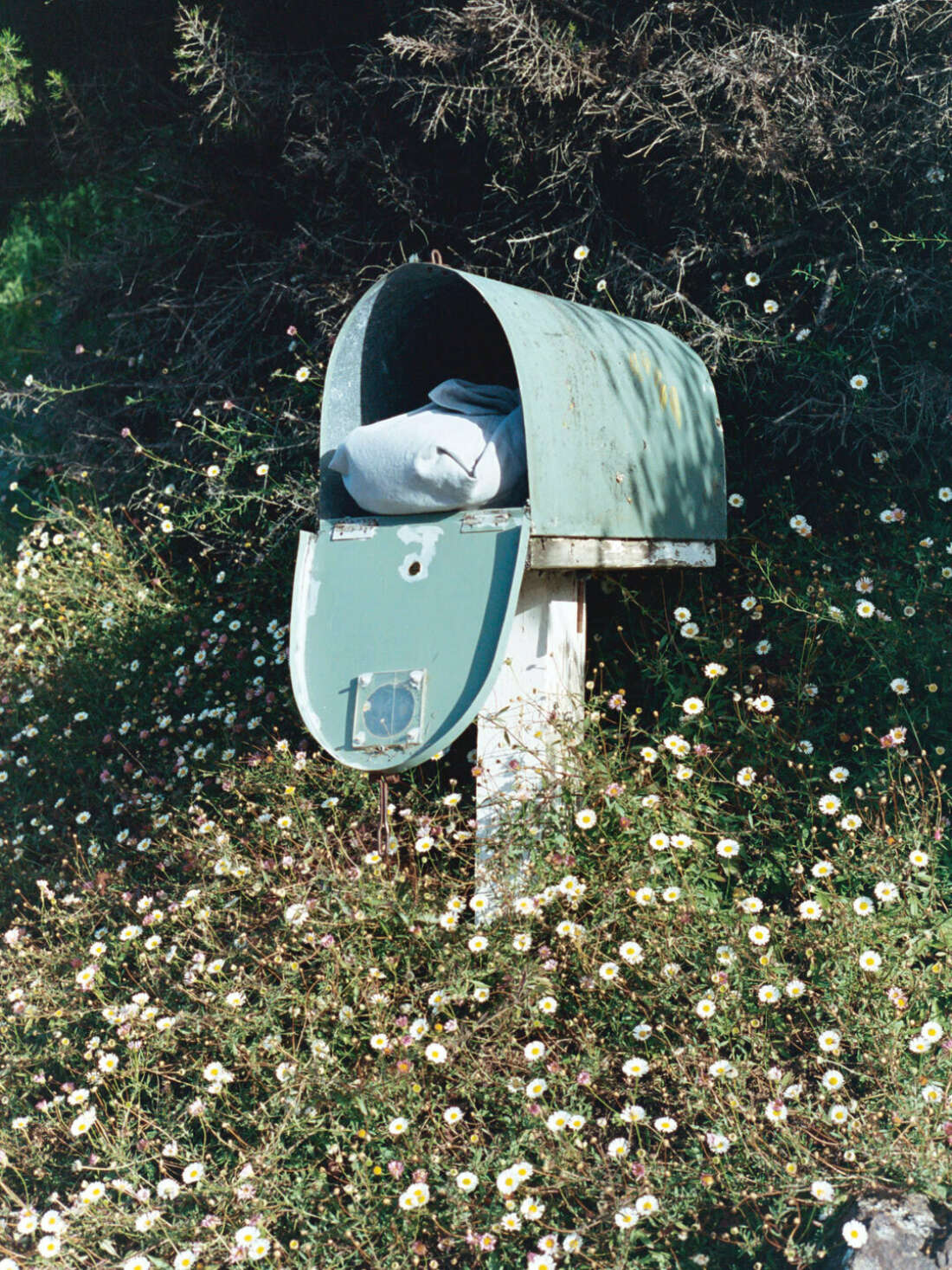
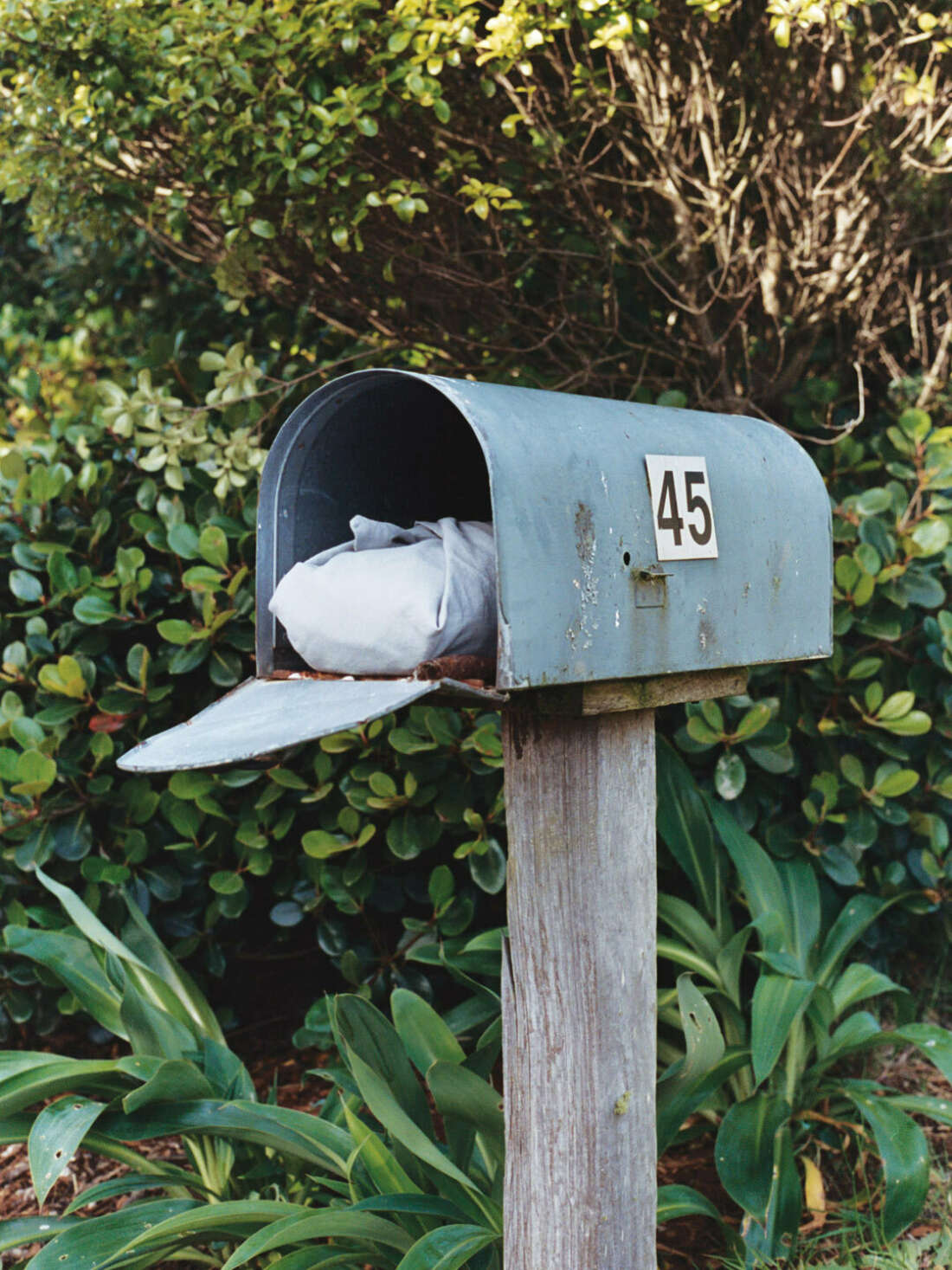
‘From Grain Farmer to Us to You’ has been printed on our labels since we began our business in January 2013. We identify with the whole journey of the grain- each sack we receive is traceable to its field of origin, and we receive maximum nourishment and depth of flavour through minimal processing of the grains, which we stone-grind batch by batch. Bread made in this way is what we call real bread for people, hence ‘The People’s Bread’.
When the Covid-19 lockdown shut down most of the country, we initially worried about the unknown and panicked about how we would cope with the looming loss of income over the coming weeks. I remember spinning into a state of stress on the Monday morning of the announcement that we would be going into lockdown in 48 hours, and began brainstorming about how we might cope while making, baking and delivering at the same time. Fortunately, I had a chance meeting with a fellow self-employed friend who informed me of the government support package, leading to a sigh of relief. Then I discovered the contactless protocol, and realised that we would fall under the category of ‘essential services’, meaning we could confidently continue to operate our bakery.
Paradoxically, the climate of uncertainty during lockdown validated the way we run our business, revealing the efficacy of the way we work, which is founded on principles of connection.
When we started our business I decided that a delivery service would work alongside raising a baby, a toddler and two other young children. The flexibility would allow for the complexities that come with parenting, and minimising financial overheads would allow us to remain together as a family. We began our deliveries using a long tail cargo e-bike. Now nearly in our ninth year of operation, we continue to deliver directly to our customers — albeit using a small engine commercial car due to distance and volume — mostly to people’s letterboxes post-lockdown, instead of their front doors. We also supply stores, cafes, restaurants and we’ve transferred our farmers market stall to a ‘mobile market’ delivery service.
In perpetuity we carry a feeling of gratitude for our customers for the fact they are supporting us, and in turn a food system that we believe in. Lockdown strengthened this belief and early on in it, the only food businesses open in town were the supermarket, the local organic store, and us. Without humans on the roads, empty dystopian suburban scenes were a reality, and I recall the self-consciousness of being the only vehicle on the road doing my deliveries, especially amongst the quiet cul-de-sacs, with a loud broken muffler that couldn’t be fixed to boot. Our customers expressed their appreciation of our business continuing during that time, and the mutual feelings we shared of comfort and support- at least what could be expressed from a two metre distance- brought us closer to them. For some, the bread delivery may even have become secondary to the sense of community our contact with them afforded.
We continued receiving grain directly from bona fide organic arable farmer and fellow ‘essential worker’, Harry Lowe. The only difference in Harry’s lockdown deliveries was the need to comply with two metre distancing rules. We would watch Harry unload each 25kg jute sack onto an isolated pallet before we could continue carrying each load to our storage space.
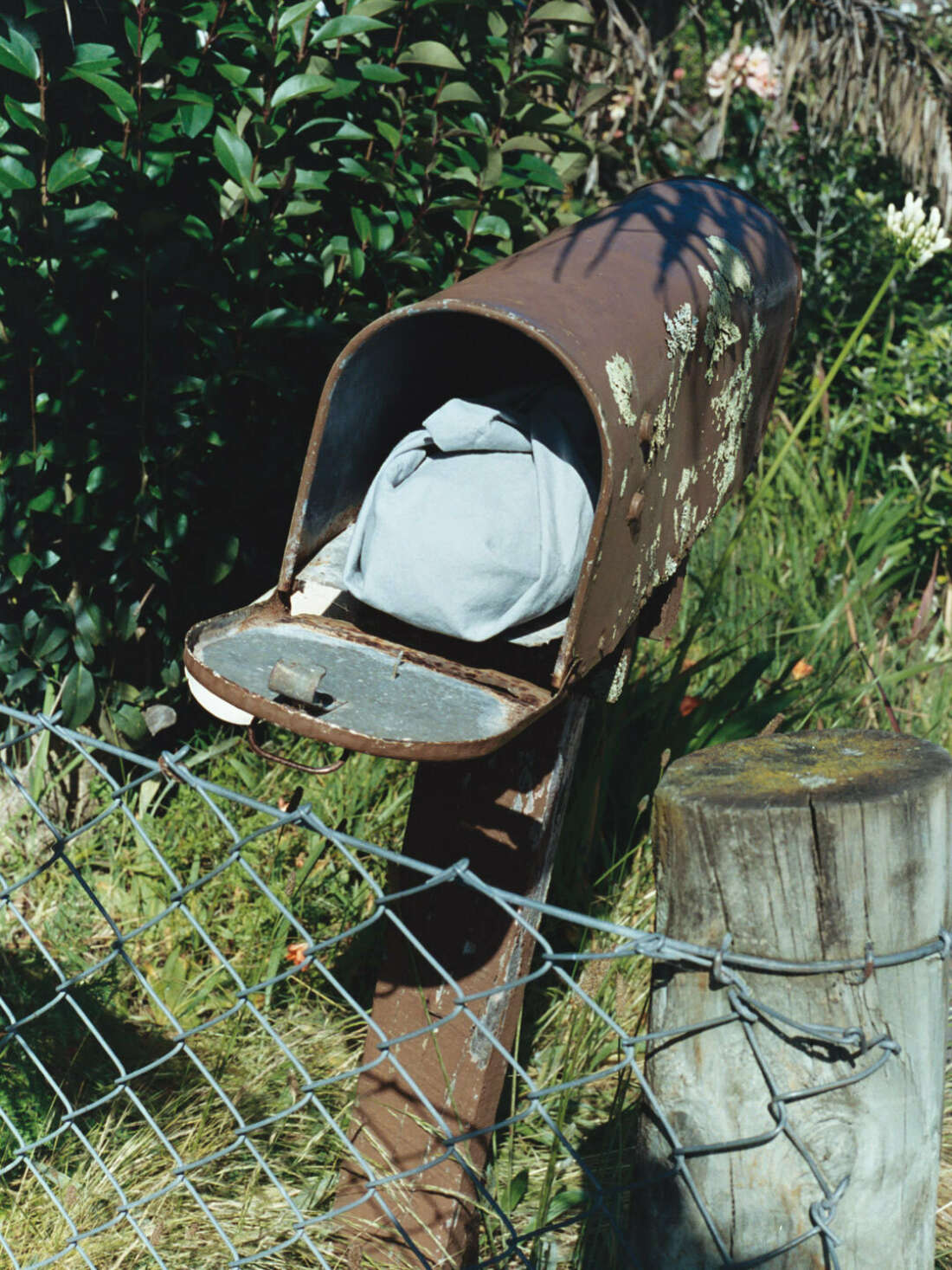
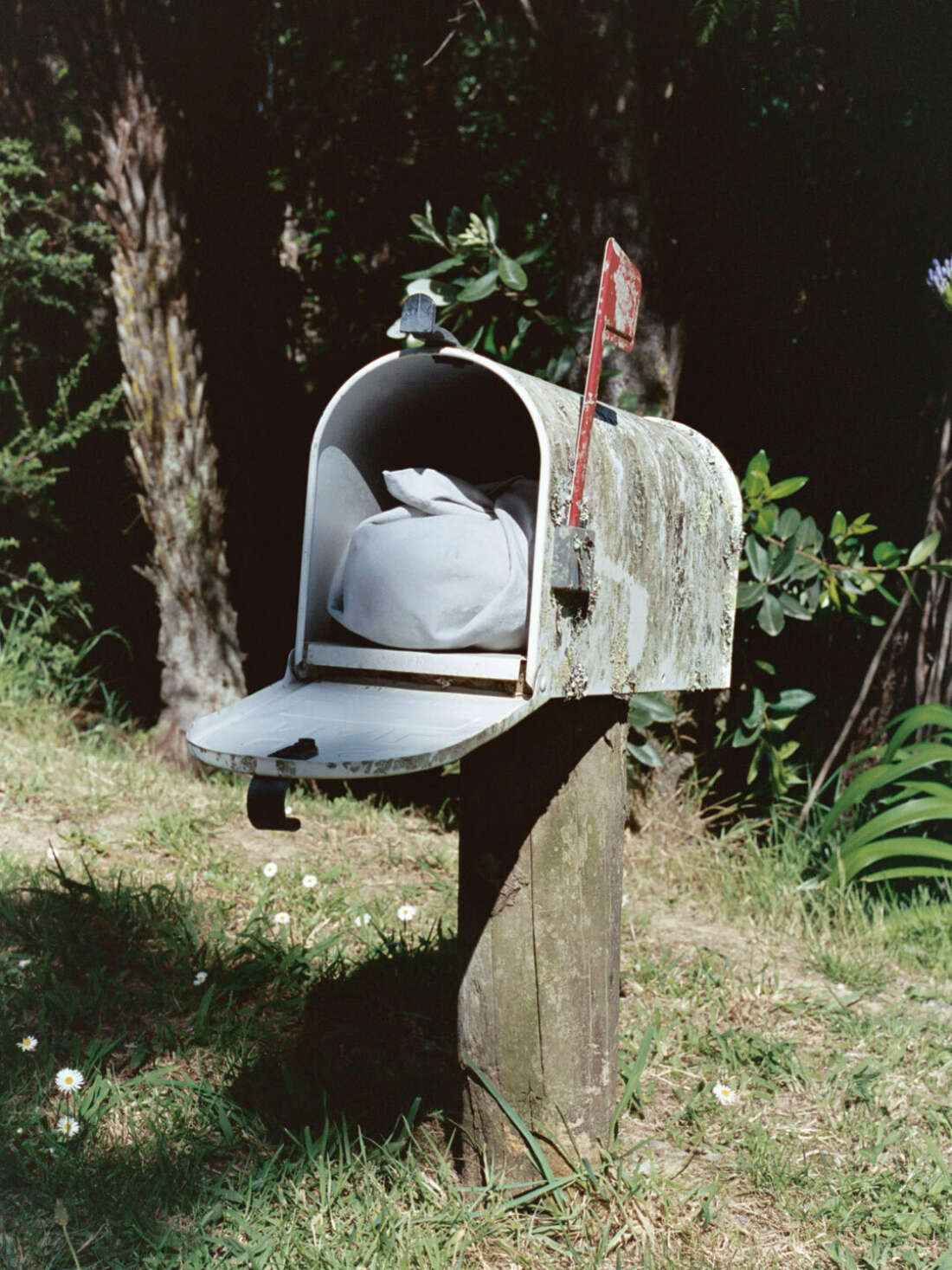
Harry is a pioneer of farming in New Zealand. He started using natural methods and growing organically 30+ years ago in Canterbury, at a time when his contemporaries thought he was a ‘crazy tree hugging hippy’. Now Harry has those same peers asking for his help on how to transition their land into good health by growing good soil. He continues to sow, harvest and produce organic grain and flours from his Ashburton-based business, Biograins, with his wife Mary.
Our relationship with Harry goes back to 2007, when we lived on the West Coast and milled the grain he delivered to us there using a homemade mill built by friends out of a lawnmower engine. It would stone grind flour at a rate of around 100gm every two to three minutes. We have always been grateful to Harry for his personal delivery service, and the generosity of time he gives for our in-depth chats ranging from the protein count of wheat, to philosophy and the state of things. He is a treasure trove of knowledge and a humble hero in New Zealand’s story of sustainable and resilient local food systems.
We share the values of working in a way and within a system that we both believe in. Meaning sustains us. During lockdown we were more thankful than ever that Harry was able to continue to deliver to us. Harry’s personal and direct connection to customers is as intrinsic to the functionality and resilience of his business as it is to ours. Without him we would not have been able to operate. Our delivery service and direct relationships with customers enabled us to stay afloat during Covid-19 with no supermarket power and a significantly reduced wholesale market. The pandemic affirmed that our relationships have made us resilient to sudden change when businesses have been shuttered and global supply chains have been breaking.
We now see ahead of us ‘the good old days’ of the future, and Covid is signalling the need to act, more than ever, with intention and strategy to fortify relationships for local resilience. Local relationships are a way to transcend the shortcomings we are confronted with of an industrialised food system that is contributing to our climate crisis and deterioration of the environment and people’s health. Local relationships enable local supply chains, like our connection with our grain farmer, which consequently enable food security, sovereignty and resilience- rangatiratanga o te kai. If we have more, and stronger, personal and local relationships, we might have more local grains and, in turn, a return to the best elements of ancient food culture and pre-industrial mechanisms. This includes local millers and bakers who support local food economies, fresh flour, provenance, nutrient-dense daily staples, waste minimisation of both food and packaging, among a host of other flow-on benefits.
It is significant and heartening that arable farmers of Canterbury and the North Island have emerged within the last year or two to now supply grains and flours directly to the market. We would do well to incentivise diversified food production for local and national consumption. This would encourage a realignment of land use to suit our various unique climates and the limits of the natural environment. The drylands of the central South Island are commonly used for dairying. If we weren’t creating commodities to send offshore, and using the money to buy bread made from Australian grain from the supermarket, we would be able to use that land to produce bread and other staples for local communities.
We know it is possible; our local history of land use has shown us that. The Central Otago Lakes District, where we live, was once known as the grain bowl of the South. Remnants of infrastructure from that era remain, such as the old stone building that housed the mill at nearby Luggate. A local farmer remembers going with his mother 50 years ago to buy the weekly flour supply, fresh, for the family’s home baking. Now, most of the food production that surrounds us is dominated by a monoculture of cows. Potential for growing food, and a variety of food for a short supply chain, is always here, as is the potential to process a grain of wheat to eat. To quote British band Pulp: “the revolution begins and ends with you”.
Engaging in local food production creates culture and meaning, and relationships are increased and strengthened between consumers, producers and farmers. Food, farming, environment, diet, and health are all intrinsically connected. They are one, and within the same system; the quality and proximity of each component contributing to how resilient our communities are and our sense of well-being.
Waiho i te toipoto, kaua i te toiroa – let us keep close together not far apart.
He kai kei aku ringa – there is food at the end of my hands.
By Ruth Heath. Photography: Leilani Heather